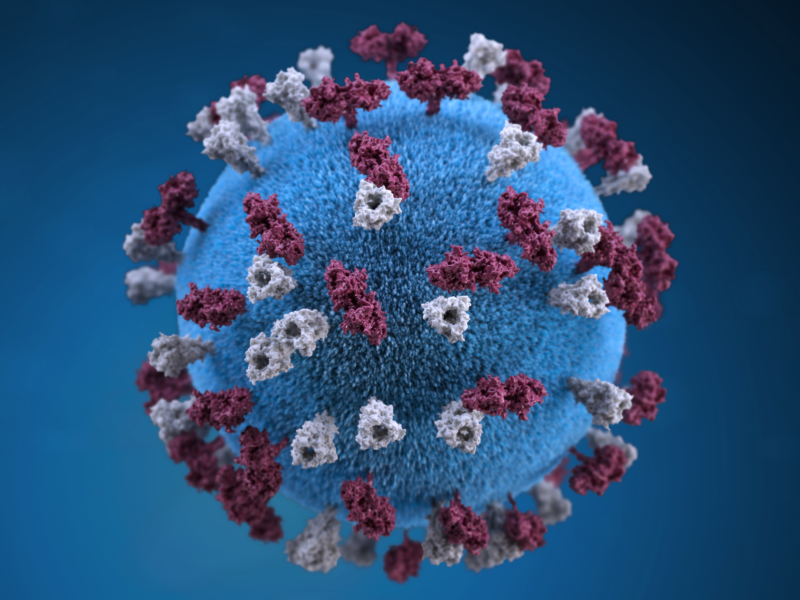In March 2011, HealthMap reported on several undiagnosed deaths of tourists in Chiang Mai, Thailand. On May 13th we reported that Thai officials continued to investigate, and a travel warning had been issued for the popular tourist destination. Foodborne illness, exposure to insecticides, and pure coincidence were all raised as possible causes of the 7 deaths. This week, after a five-month investigation involving the US Centers for Disease Control and the World Health Organization, it was announced that 6 of the deaths were likely due to pesticide exposure. The exact pesticide could not be identified.
As a result of these findings, Thai authorities have stated that surveillance of hospitalized tourists will continue, and new investigation protocols for fatalities will be put into practice. Previously, decisions on cause of death were left up to local police, and autopsies and laboratory tests were rarely performed. Among the actions to be put into place to reduce future risks, a panel will investigate and recommend pesticides appropriate for use in hotels and market areas.
The deaths in Chiang Mai, now linked to pesticide exposure, were not the first undiagnosed deaths to have occurred under unclear circumstances in Thailand. In 2009 two tourists died, and at least two others became severely ill while staying at the Laleena guesthouse on Phi Phi Island. The two women (an American and a Norwegian) who died were staying in adjacent rooms, and both autopsies were inconclusive. The women died within hours of each other, and had symptoms almost identical to those of the tourists who died in Chiang Mai. Many theories existed on what could have caused the deaths on Phi Phi including food poisoning, gases from a nearby water treatment plant, and insecticide exposure. No cause for the deaths has ever been confirmed.

